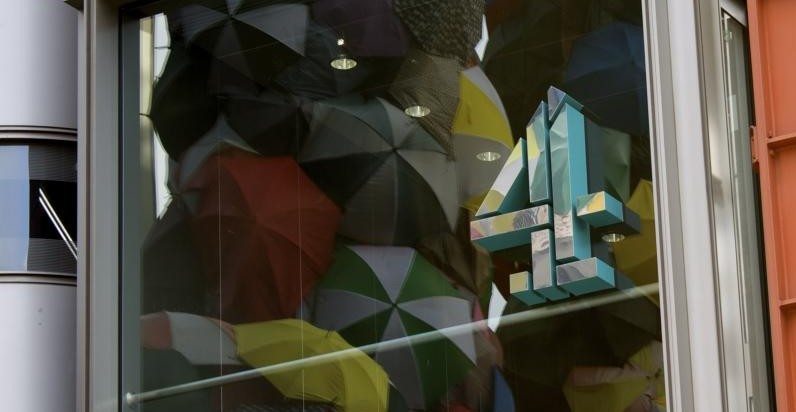Why All4 could change TV for the better
[dropcap]M[/dropcap]ost university students are binge watchers. Whether it be 4oD or Netflix, you are statistically more likely to catch programmes online at your own convenience, watching three or four episodes in a large burst of procrastination, before realising how much time you’ve actually lost. Gone are the days when you would huddle around the TV with friends or family, staring at the screen – it has become a lot more personal than that.
Channel 4 have recently tapped into this. Having pioneered the “on demand” broadcast medium over 5 years ago, they have now taken the next step. Recently, All4 has been launched as a “new, engaging and intuitive user interface [which] will guide viewers through a digital experience structured around three temporal states – On Demand (past), Now (present) and On Soon (future)” according to the official press release. This means that rather than looking at the silver screen, you can catch all of their broadcasting on the computer screen.

Photo: Flickr/TheeErin
This move is a growing trend towards hitting the Millennials market (that’s you) as the pattern of watching quality programming has changed drastically in the last decade. There are a number of reasons for this. Some believe that the natural pattern of changing and more flexible work hours has meant that people just can’t get home in time to catch their favourite programmes live. Hence the need for catch-up. But the more interesting insight, is that we do actually watch things together, but not necessarily the same thing. There has been an increase in watching programmes on mobiles and tablets on the move, which can be seen from the rise in the influence of independent broadcasting channels like Netflix.
So what does all this mean for you and how does this relate to Channel 4? It means that for the common individual, television and broadcasting will be much more tailored to your preferences. And considering that 50% of 16-34 year olds in the UK are already invested in ‘4 On Demand’, there is potentially a huge market of vibrant, technologically-literate individuals that the broadcaster can engage on a more personal level. Everything from gritty documentaries like Benefits Street to reality TV shows like First Dates have the opportunity to become potential goldmines for Channel 4, who are attracting the most gender-neutral young audience amongst all of the other major broadcasters.
The benefits of cultivating a community online are obvious
Low running costs, less regulatory restrictions, more engagement from users and a better insight into what people are watching. However, there are some dangerous concerns with this. With more personal and individual watching patterns, it is easier to profile users to certain content and unfortunately… targeted advertising. For anyone that uses demand services that are not BBC iPlayer, they will know the feeling of going through the 2:42 minutes of pain in between and at the beginning of programs.
Yet, if you have the patience to live with a few Halifax ads, then the rewards for regular television viewers are promising. Recently, the Channel has been releasing episodes for popular series, like Made in Chelsea, a few days earlier than the live broadcast to entice users onto the service. Cleverly, with limited advertising, it relies on the social media community to push users to visit the website for the best exclusives. Not only this, but with the deployment of “Shorts” they have started to capitalise on the fall in attention spans with teasers lasting between 8-10 minutes long, incidentally in line with the average attention span for many students.

Photo: Popular boxsets like The Inbetweeners are available to watch on All4 at any time – Flickr/Magnus D
Charlotte Victoria Blakely, a second-year Engineering student agrees: “All4 is much better than other broadcasters’ services which limit viewing to past TV and for a set amount of time. Channel 4 make it so easy to watch whatever you want whenever and wherever, no matter how old the series is, allowing me to re-watch old favourites like The Inbetweeners as many times as I like!”
Personally, as many young people start to value the commodity of time more highly, grabbing their attention at university can be incredibly difficult. Incidentally, All4 begins to build a relationship where the viewer is celebrated as much as the content. With the diverse range of provocative material on offer, the missing piece of the puzzle was marketing it. The ever-busy student or young professional will always choose convenience over effort. It seems like Channel 4 have just struck the right balance. And it will be interesting now to see if, and how, the other broadcasters try to compete.

Comments